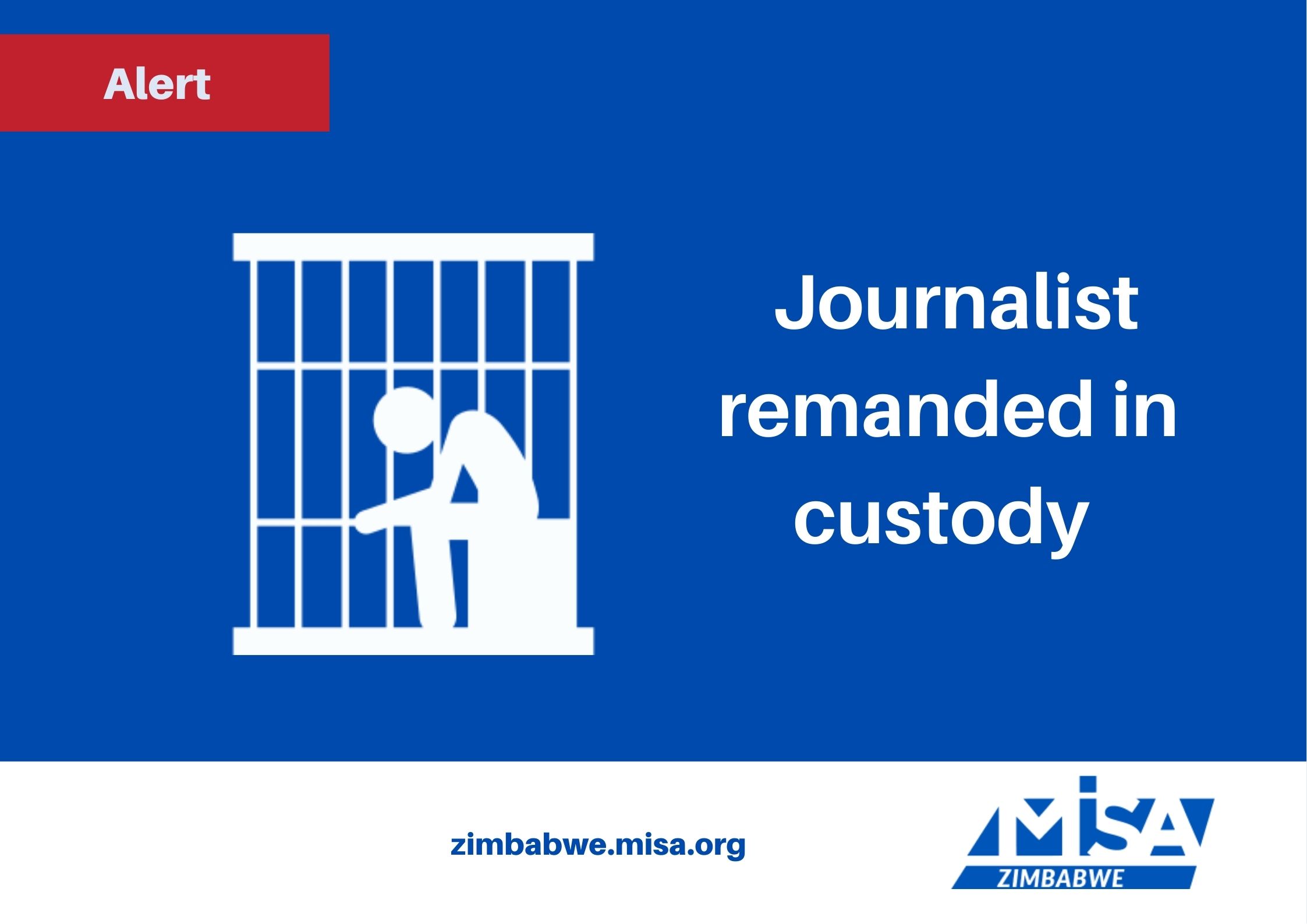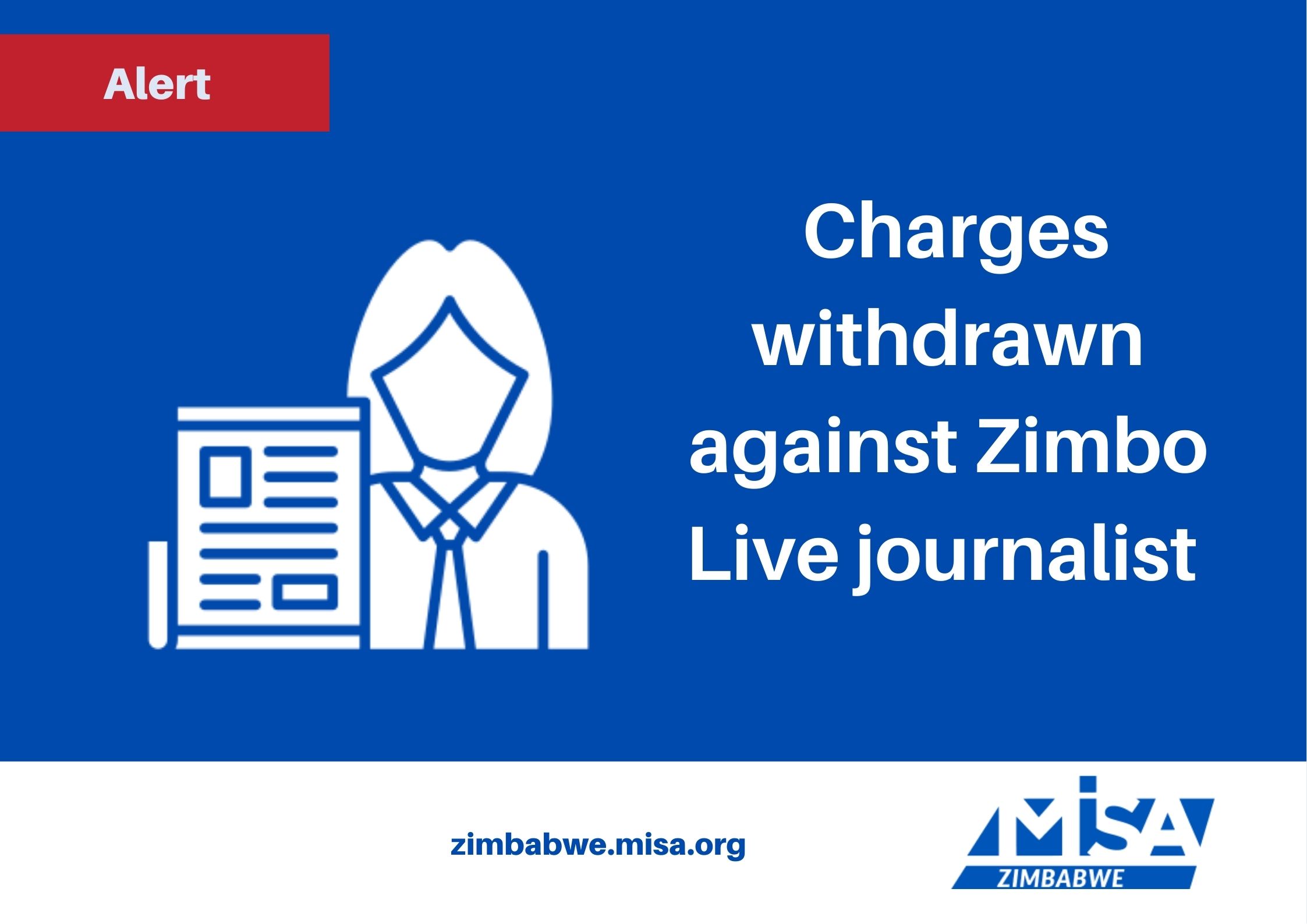The government of Botswana has gazetted the Freedom of Information Bill, which has since been brought to the legislature for debate.
During the 2024 World Press Freedom Day commemorations, organised jointly by the Government of Botswana, UNESCO, MISA Regional Office, and MISA Botswana, Botswana’s President Mokgweetsi Masisi promised that an access to information bill will be brought before the legislature during parliament’s winter session.
In a letter to the Minister for State President Kabo Neale Sechele Morwaeng, MISA commended Botswana for gazetting the Freedom of Information Bill and asked that the proposed legislation be prioritised.
MISA noted that the winter parliament only sits for a short period, which may affect the bill’s passage.
“Previous efforts to enact an access to information bill have been abortive. Considering the general election is on the horizon, there are real fears that legislators may soon prioritise the elections and negate this very important piece of legislation,” MISA wrote.
“We, thus, call on you to assist with prioritising the passage of this bill.”
MISA raised concerns that citizen participation was limited in the drafting of the bill, with the organisation advising that “public participation is at the core of openness, accountability, and transparency”.
“Public participation is not aimed at demeaning or replacing parliamentarians’ functions but to enhance them while fostering national consensus and ownership of the law making process,” MISA wrote.
However, MISA noted that the proposed legislation contained progressive clauses that, if implemented, would enhance accountability and transparency in Botswana and improve its standing in international press freedom indices.
Among the progressive provisions is that public authorities must proactively disclose information. In addition, the conceptual meaning of “information” is defined, which is a positive.
The definition is comprehensive and forward-looking. However, it should be more specific about the context in which information is held. For example, it should clarify whether information held in personal databases is covered or not.
Commendably, MISA noted that the law creates an oversight body — the Information and Data Protection Commission — established under Section 6 of the Data Protection Act. This is a progressive development, and MISA hopes the Commission will be empowered and willing to carry out its duties effectively.
In addition, MISA noted that no fee is charged for lodging a request, which sets Botswana apart from some of its regional peers, where fees are paid for access to information requests. This is commendable, as such fees can hinder accessing critical information.
MISA said the complaint procedure is generally fair because it establishes clear timelines, avenues for appeal, and mechanisms for independent review.
However, the phrase “reasonable grounds” in section 50(1) could be further defined to provide more specific guidance on the level of evidence required to initiate an investigation.
If the bill is enacted into law, the responsible minister must make regulations to operationalise the bill.
“MISA urges your government to ensure the public is involved in the regulatory making process so that regulations meet citizens’ needs and expectations, and that the regulations are reasonable and proportionate to the objectives they seek to achieve,” MISA wrote.
Botswana is one of the few remaining countries in Southern Africa without access to information legislation.
In 2022 Namibia enacted its access to information, with Zambia following suit a year later.













